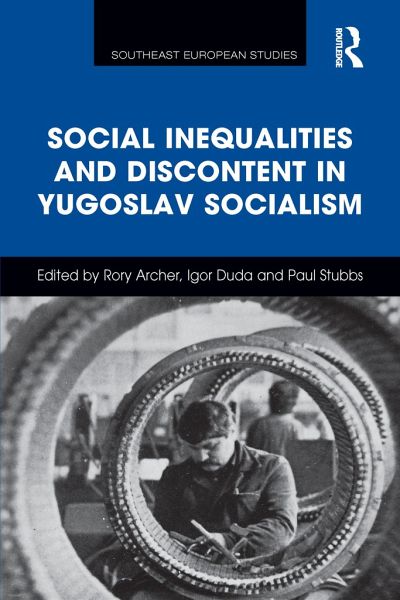
Social Inequalities and Discontent in Yugoslav Socialism
Versandkostenfrei!
Versandfertig in 6-10 Tagen
45,99 €
inkl. MwSt.
Weitere Ausgaben:

PAYBACK Punkte
23 °P sammeln!
Socialist countries like Yugoslavia garnered legitimacy through appealing to social equality. Yet social stratification was characteristic of Yugoslav society and increased over the course of the state's existence. By the 1980s the country was divided on socio-economic as well as national lines. Through case studies from a range of social millieux, contributors to this volume seek to 'bring class back in' to Yugoslav historiography, exploring how theorisations of social class informed the politics and policies of social mobility and conversely, how societal or grassroots understandings of clas...
Socialist countries like Yugoslavia garnered legitimacy through appealing to social equality. Yet social stratification was characteristic of Yugoslav society and increased over the course of the state's existence. By the 1980s the country was divided on socio-economic as well as national lines. Through case studies from a range of social millieux, contributors to this volume seek to 'bring class back in' to Yugoslav historiography, exploring how theorisations of social class informed the politics and policies of social mobility and conversely, how societal or grassroots understandings of class have influenced politics and policy. Rather than focusing on regional differentiation between Yugoslav republics and provinces the emphasis is placed on social differentiation and discontent within particular communities. The contributing authors of these historical studies come from diverse disciplinary backgrounds, linking scholarship from the socialist era to contemporary research basedon accessing newly available primary sources. Voices of a wide spectrum of informants are included in the volume; from factory workers and subsistence farmers to fictional television characters and pop-folk music superstars.














